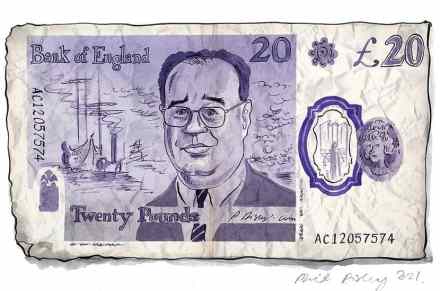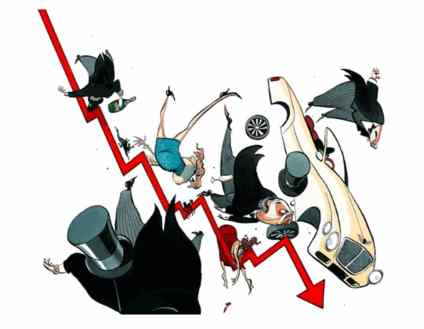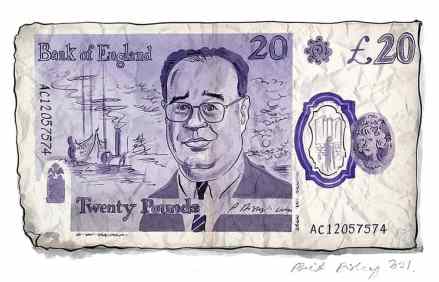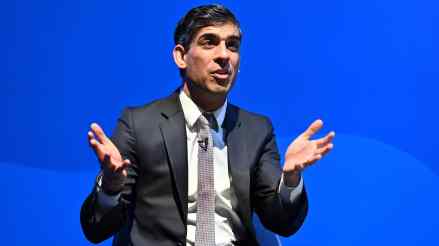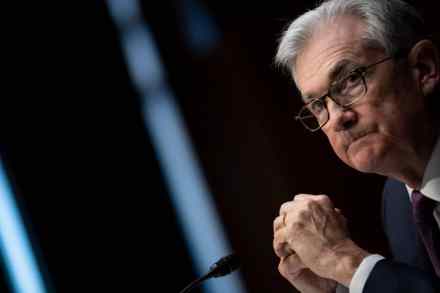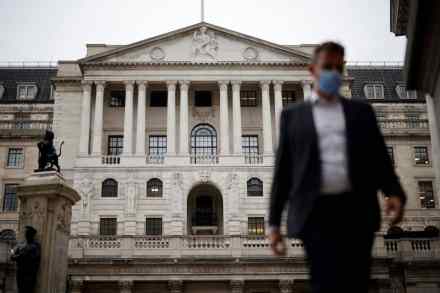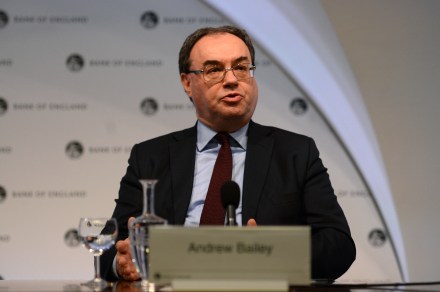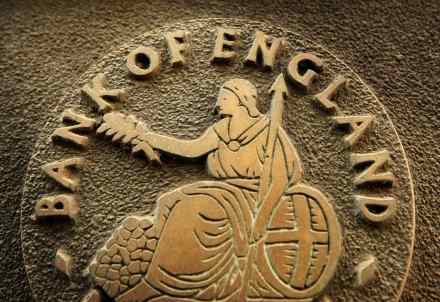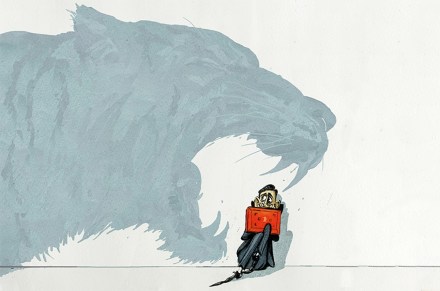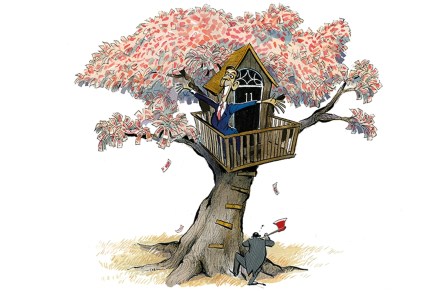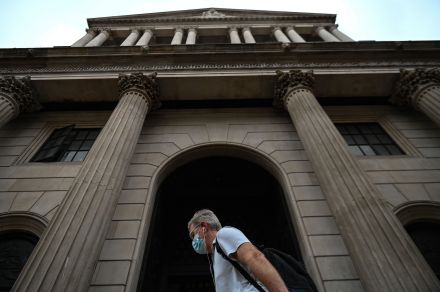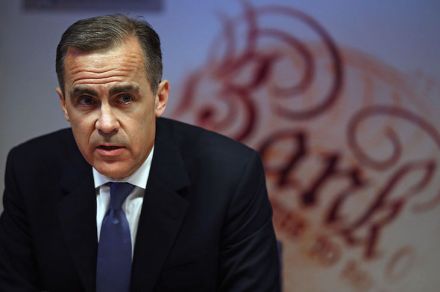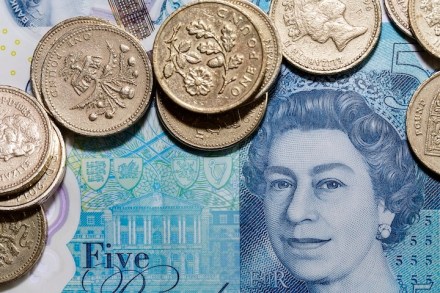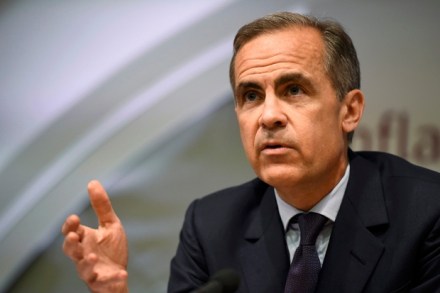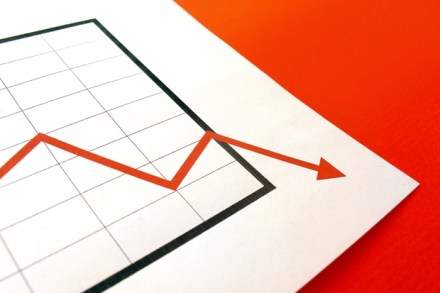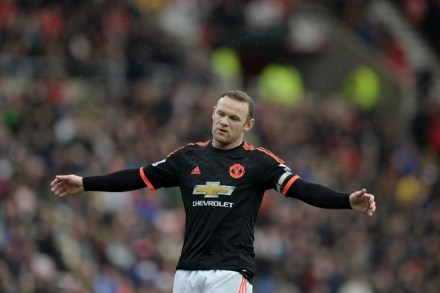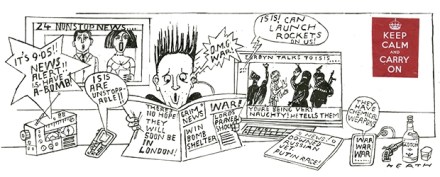The Bank of England has no good options
How will and how should the Bank of England, and the Treasury, react to this morning’s continued fall in the value of the pound? I’ve been talking to former Bank of England executives and ex-Treasury officials, who make clear that the stakes are incredibly high and that reassuring markets will not be easy. This further devaluation in the currency is a serious problem for Chancellor Kwasi Kwarteng after his maxi ‘mini-Budget’ on Friday because it means the price of imports will continue to rise, stoking already-high inflation. And it raises the spectre that the government will struggle to borrow what it needs at acceptable interest rates, because of the falling
